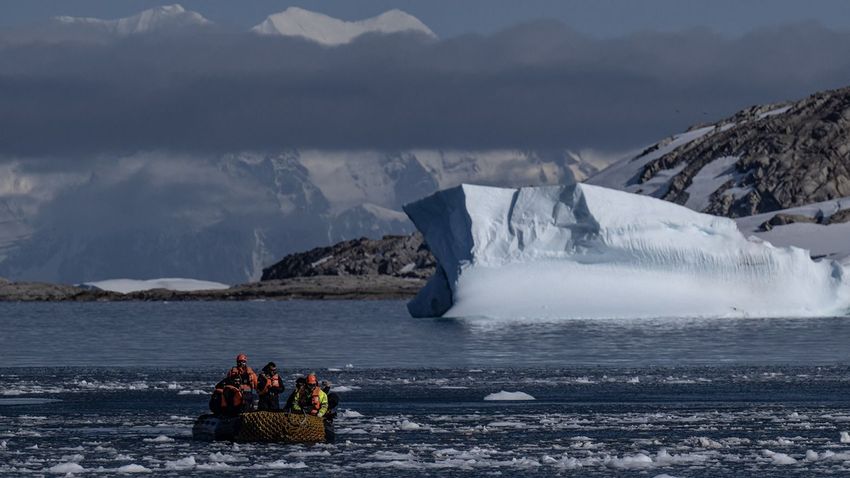the The nature of climate change In a new study published at the end of May in the journal Nature, the Australian professor and his colleagues claim that their predictions, published in March, have been confirmed by observations from the Australian Antarctic Basin – the polar waters between Australia and Antarctica.
The researchers analyzed the change in currents entering the basin between 1994 and 2017 and recorded a 30 percent decrease in velocity, which indicates that these deep-sea currents are beginning to stagnate. The changing circulation around Antarctica could slow the global network of deep currents, trapping nutrients and oxygen in the ocean depths, with brutal effects on marine life.
When marine organisms die, they sink to the ocean floor, so nutrient-rich water collects in the depths. If the circulation that brings nutrient-rich water from the ocean depths to the surface slows, the vital process is interrupted. Matthew England said nutrients don’t reach organisms foraging near the surface.
According to a study published a few days ago, approximately 276 billion tons of cold, oxygen-rich, salty water drown around Antarctica every year. The abundance of melted fresh water reduces the density of this sinking mass, which means that more fresh water remains in the upper layers of the ocean. However, less nutrients enter the surface waters than the depths.
The researchers warn that the amount of fresh water flowing into Antarctic waters is likely to continue to increase in the coming decades, which means that these vital currents may soon collapse. “Such profound changes in the temperature, freshwater, oxygen, carbon and nutrient content of the oceans will have a significant impact on the oceans in the centuries to come,” said the Australian professor.
Previous research has already indicated that Europe’s climate may be getting colder due to the slowing of the North Atlantic flow.
Cover image: Melting Antarctic icebergs (Photo: Europress/AFP)







































